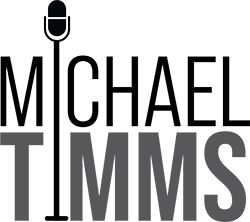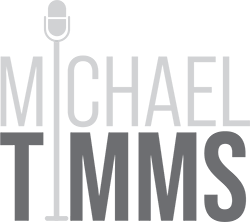We’re all familiar with the old tale of the goose that lays the golden egg. We remember that the short-sighted farmer grew impatient and killed the goose to get all the golden eggs at once only to realize that subsequently, he’d get no more eggs. The moral of the story is that when you care more about money than about what’s producing that money, you’ll end up destroying both.
Today’s business executives don’t intentionally harm their employees to obtain the profits they so desperately seek. But when they make “increasing shareholder value” their number one priority, they take a “profits before people” approach that unintentionally demoralizes employees and sabotages the company’s ability to reap long-term success.
A Common Example of Short-Sighted Business Practices
Business leaders that don’t prioritize talent management before profits are short-sighted and are neglecting the goose that they expect to continue laying golden eggs. This became especially obvious after I recently conducted a study into common practices around employee development and succession planning. Here is one insight from that study.
It’s easy to see when a company prioritizes profits before employee development and succession planning. They are in a continual state of reaction mode, scrambling every time someone leaves the company. Typically, the managers of these vacant positions must pick up the slack, adding the additional duties to their already overflowing workload. Often, co-workers are also asked to pitch in, putting in extra hours to bridge the gap till a replacement is found. The consequences of these half-measures are:
- Only the absolutely critical duties of the vacant positions and the critical duties of the people who are filling in for those vacant positions get done. This means that many of the completed duties are often done to the minimum standard, while strategic but not urgent priorities are left unattended.
- The people filling in for vacancies become overwhelmed, and their stress level becomes unmanageable. People burn out because they’re constantly scrambling to put out fires instead of doing the work that they were hired to do and that they enjoy doing. They become inefficient at their job, and they know it. This leads to disengagement and disenchantment with the company. Turnover increases, and those who stay can hardly be expected to tackle their increasing mountain of work with any degree of enthusiasm.
- New employees who are hired into a company operating in a constant state of emergency are less likely to remain with the company for very long because they’re inserted into the dispiriting cycle described above.
Executives are often inclined to make announcements asking everyone to pitch in during this “especially busy time.” These announcements usually include a promise that this will only be for a little while. However, these promises are bound to go unfulfilled if executives don’t make employee development and succession planning a top priority.
What “People Before Profits” Looks Like
Several companies that participated in the study I conducted clearly took a “people before profits” approach to business. This doesn’t mean they aren’t interested in profits. Quite the contrary—they’re all very profitable companies. They simply understand that truly caring about, and investing in, their employees is the only path to sustainable profitability. Here are a few things they do:
- Provide leadership training to any employee who is interested.
- Have regular career development discussions to deliberately align employees’ work assignments to their strengths and career ambitions.
- Encourage lateral moves to increase employees’ breadth of experience, and support them in their new role to ensure they are successful.
- Ditch the traditional rating-based performance reviews in favor of weekly touchpoints.
- Train managers how to provide feedback that develops employees, instead of demoralizing them.
Turning Conventional Wisdom On Its Head
Business leaders who focus on profits before people are like the short-sighted farmer who was solely focused on the golden egg rather than caring more for the goose that laid it. Those who flip the profits before people equation are the ones winning the war for talent and which have the best shot at long-term success.
*Adapted in part from the book Succession Planning That Works*
______________________________________________________________________________________





